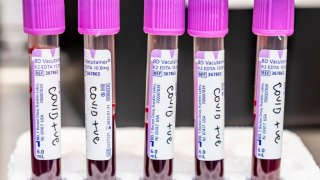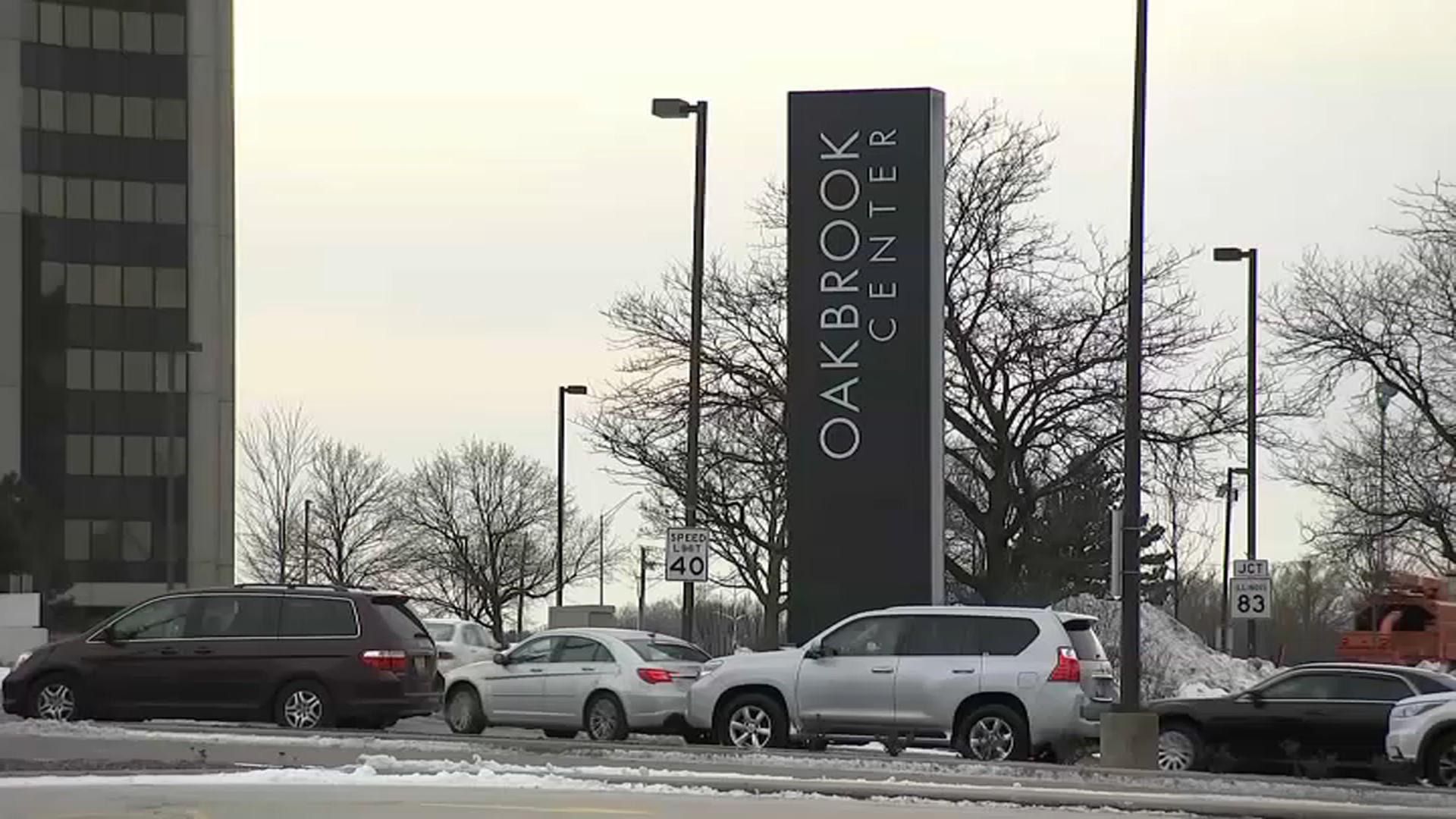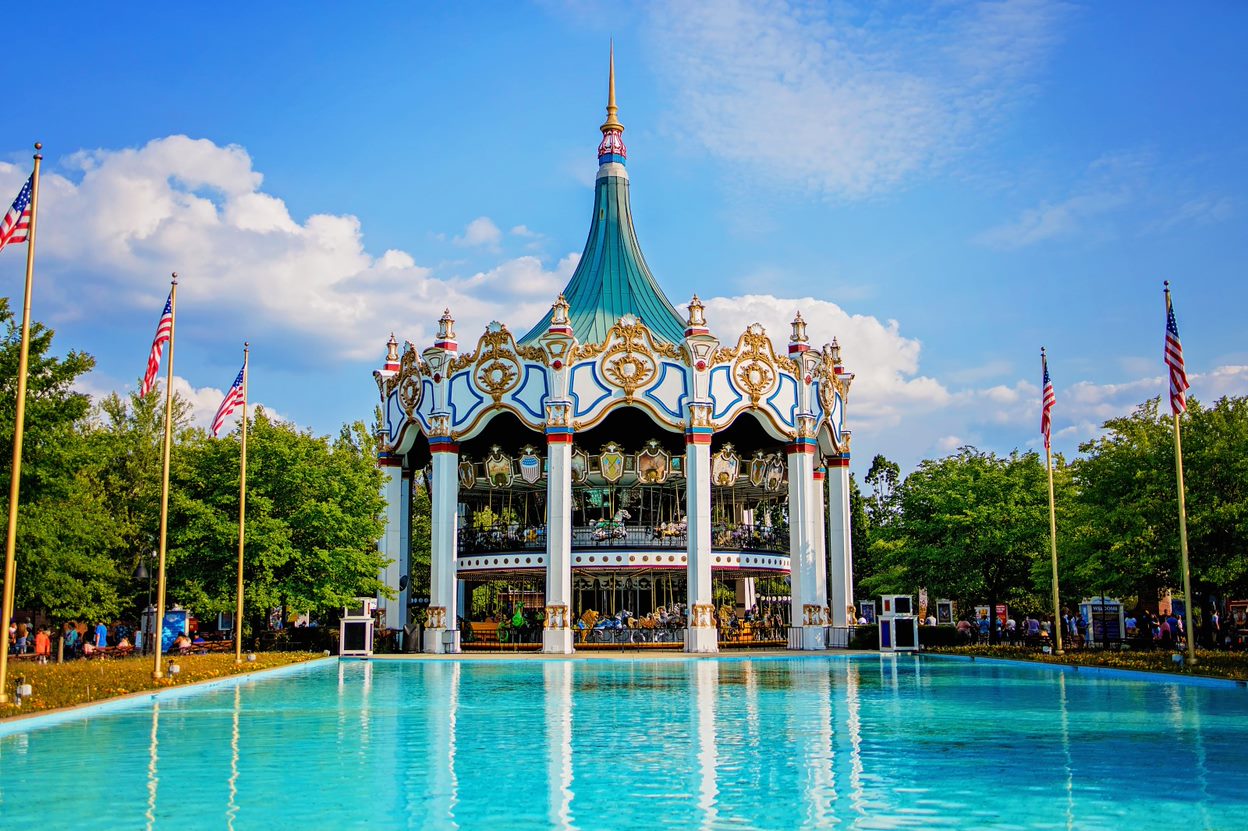
Chicago's latest ordinance announced Wednesday says employers cannot take adverse action against an employee for taking time off to receive a COVID-19 vaccination, providing similar worker protection to last May's coronavirus legislation.
The city's vaccine anti-retaliation ordinance protects employees from being fired or retaliated against for taking time to receive a coronavirus vaccination, causing employers to potentially face fines between $1,000 to $5,000 for violations.
"The bottom line here, folks, is this: We have an urgent need to make sure that our residents are safe. And for those who are following the public health guidance, there should be no action by an employer that retaliates, or otherwise infringes upon their rights of work, whether it's staying home because they are sick, abiding by other social distancing and masking requirements, or taking time to get unnecessary lifesaving vaccine in Chicago, we will protect those workers," Chicago Mayor Lori LIghtfoot said.
Business Affairs and Consumer Protection Commissioner Rosa Escareno added that should employees accumulate paid sick time, they are guaranteed the ability to use it to receive the vaccine.
Feeling out of the loop? We'll catch you up on the Chicago news you need to know. Sign up for the weekly Chicago Catch-Up newsletter here.
The ordinance also states that an employer who requires that their workers be vaccinated, must compensate its employees for the time taken to receive the COVID vaccine during work hours, Escareno explained.
In May 2020, the Lightfoot signed a similar ordinance requiring employers to not retaliate against workers who need to take time off from work to recover from the coronavirus. The mayor said Wednesday's legislation builds upon that ordinance.
Should an employee be fired for taking time to receive the vaccine during working hours, Lightfoot said the workers may be able to be reinstated to the same position through civil action.
Local
"So today we are at a critical juncture in our fight against COVID, COVID-19, and we must work together to continue to protect our workers, especially as the cases has begun to rise again after these cases have been falling consistently for three months consecutively this surprise in cases does cause us pausing concern," Escareno said.
Chicago Department of Public Health Commissioner Dr. Allison Arwady has expressed concern over a recent increase in coronavirus metrics, particularly in young adults, that could signal another potential spike in the city and state.
"Unfortunately, these sorts of increases are just what we were seeing in October as we were starting to see the beginnings of what became our huge surge," Arwady said during a coronavirus update Tuesday. "It was really the same case rates and younger adults that started this."
Even more concerning, she said, is that case counts in the city are also starting to rise, with a current average of 350 cases per day, compared to 285 one week earlier.
"Sometimes people ask, isn't it just that you're doing more testing? No, because if it were just testing, we would see testing up 23% and cases up 23%. This is a true increase," Arwady said.
Arwady said that while the current case level remains in a moderate risk category, the rate of increase actually puts the city under a higher risk.
"At this point, the cases are in a high-risk state because of the increase. Our positivity does remain in the lower-risk state, but heading the wrong way and then our emergency department visits, which had been in a lower-risk state are also back in a moderate-risk state because, consistent with the increase in cases, we've also seen some increase in people present with COVID-like illness to the emergency department," she said. "Our ICU numbers and our hospital numbers at this point do continue to look good. But I will tell you, we are worried about this."



